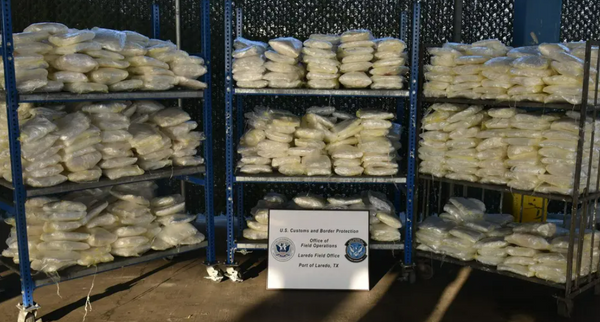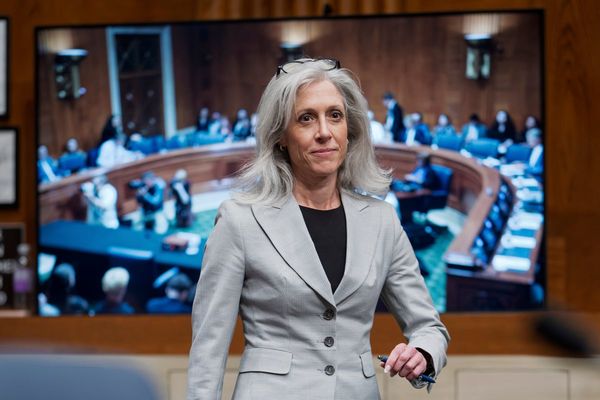Sarepta stock plummeted Monday after the company said a second patient died following treatment with its Duchenne muscular dystrophy gene therapy, Elevidys.
The patient was a 15-year-old boy with the muscle-wasting disease also known as DMD. Like the first patient, who was a year older, he could no longer walk. Both developed acute liver failure following treatment with Elevidys, Sarepta Therapeutics said in a news release. Elevidys is meant to be a one-time treatment for DMD.
"We believe this is a significant turn of events, and see multiple potential negative repercussions for Elevidys and SRPT's pipeline," RBC Capital Markets analyst Brian Abrahams said in a report.
Sarepta stock crashed 42.1%, closing at 20.94. Shares hit their lowest point since mid-2016.
Sarepta Pauses Study, Shipments
Sarepta will pause dosing in a Phase 3 study of non-ambulatory patients with DMD. The company also suspended shipments of Elevidys for those non-ambulatory patients. There haven't been any treatment changes for ambulatory patients.
Sarepta says it's working with an independent group of Duchenne experts to develop an enhanced immunosuppressive regimen.
This "makes some mechanistic sense, though (it) may not salvage benefit/risk perceptions near term," RBC's Abrahams said. He lowered his price target on Sarepta stock to 25 from 58 and kept his sector perform rating.
"In addition, further immunosuppression may add other (adverse event) risks, and the company did not provide clarity on the feasibility of implementing it at scale across their 75 treatment centers," he said.
Analysts Slash Sales Expectations
Analysts expect a widespread impact on Elevidys sales.
Needham analyst Gil Blum slashed his expectations for the gene therapy's revenue to $969 million from his previous call for $1.4 billion. That excludes all non-ambulatory patients, he said in a client note. The company also temporarily suspended its revenue guidance.
"We think this safety event increases the potential of Elevidys getting pulled from the market; however, we still find this to be an unlikely scenario," he said. "With that said, we do believe there is a possibility the (Food and Drug Administration) restricts Elevidys' label to include only ambulatory patients."
Blum cut his price target on Sarepta stock to 50 from 125. He rates shares a buy.
It's important to note that Vinay Prasad now leads the FDA's Center for Biologics Evaluation and Research, or CBER. In this role, Prasad is in charge of overseeing the review and approval or rejection of genetic medicines. Prasad has been an outspoken critic of Sarepta and the approval of Elevidys.
"There has been some concern about what he might do with the approval," Leerink Partners analyst Joseph Schwartz said in a report. "Now with two deaths reported in this segment of the market, it seems incrementally more possible that the FDA could step in an remove the therapy from the market in non-ambulatory patients (which represent ~50% of all DMD patients)."
Ambulatory Population Is Bigger
Leerink's Schwartz says 70% of his expectation for Elevidys sales comes from ambulatory patients.
Paradoxically, removing the approval for non-ambulatory patients could stoke demand for Elevidys in the ambulatory crowd. It could push parents to seek treatment before their children's condition worsens, making them ineligible for treatment.
"On the other hand, this safety event could cause some parents to second guess the risk/benefit of Elevidys and delay treatment until they get more information," he said.
RBC's Abrahams notes DMD is a progressive condition. In general, that means non-ambulatory patients are older, weigh more and receive higher doses of Elevidys. But ambulatory patients have also shown elevated liver enzymes. This means acute liver failure could occur in ambulatory patients.
"Physicians seem unlikely to perceive this as being completely confined to non-ambulatory pts, so uptake is likely to be negatively impacted across the board," Abrahams said.
Follow Allison Gatlin on X/Twitter at @AGatlin_IBD.







